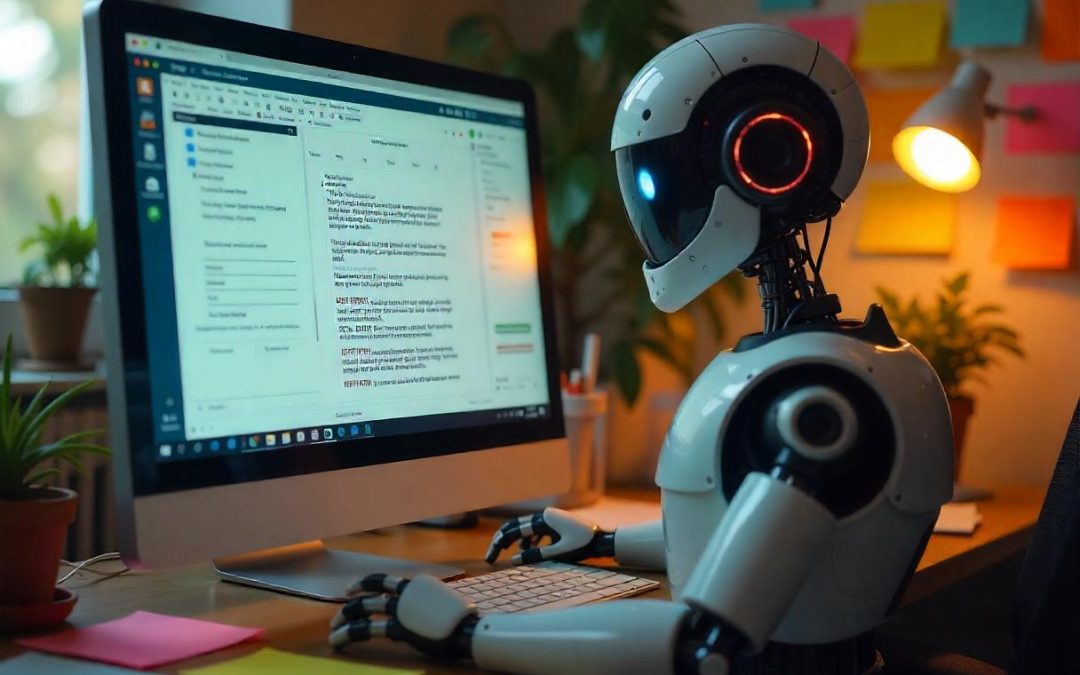Ever thought about getting a medical certificate from ChatGPT? If so, let’s press pause and have a good laugh together, because if you think a large language model—is your go-to for a sick note, you might just be sicker than you think. While artificial intelligence can help you generate essays, answer your burning trivia questions, and even suggest the best recipe for banana bread, the truth is that it can’t (and shouldn’t!) be your source for a medical certificate.
In this article, we’ll explore the reasons why using ChatGPT for a fake certificate is as absurd as it is risky, what a legitimate medical certificate entails, and how the whole MC (medical certificate) process works in the real world. Stick around—this could save you from an awkward conversation with HR and maybe even a criminal record!
The Hilarious Risks of Using ChatGPT for a Medical Certificate
Let’s face it: asking ChatGPT for a medical certificate is like seeking to get a driver’s license from a fish—it’s just not going to work. AI is probably sensible, however it has 0 authority in relation to diagnosing, treating, or confirming your disease. Here’s a humorous rundown of why counting on AI to your medical “evidence” ought to land you in more trouble than you bargained for.
1. ChatGPT: AI Assistant or Doctor?
ChatGPT can write prose, poetry, or maybe fake to be Shakespeare. But a certified medical professional? No manners. ChatGPT doesn’t recognise your fitness records, has by no means taken your pulse, and admittedly, doesn’t care when you have the sniffles or a completely-blown flu. Its loss of medical schooling would possibly make for a few hilarious outcomes, however in the real world, they won’t hold up to scrutiny.
2. The Fake Certificate Fiasco
Imagine filing a will to be aware of HR most effectively to be asked where you acquire it from. “Oh, ChatGPT wrote it for me!” may sound humorous in a stand-up comedy recurring, but it’s the kind of reaction a good way to make HR (and probable legal) raise an eyebrow. Not best is potentially career-ending, however in some locations, the usage of a faux medical certificate is a punishable offense.
3. AI’s Medical Humor May Not Match Your Boss’s Sense of Humor
While it’d appear fun to have a chatbot “diagnose” you, take into account that any humor is probably lost on your employer. An AI-generated certificate, even in jest, may want to result in very real results like disciplinary motion, fines, or worse.
Why the Fake Certificate Gamble is No Laughing Matter
Using a fake certificate might seem like a simple way to get out of work, but the potential fallout is far from funny. Many countries have strict laws regarding fraudulent documents, and medical certificates are no exception. By presenting a fake document, you’re essentially committing an act of forgery, which could result in legal penalties including fines or jail time.
Employers have become increasingly vigilant with document verification tools and fraud detection methods. So, presenting a ChatGPT-written certificate with terms like “general malaise due to existential dread” might raise a red flag or two. Using a fake certificate could also ruin your professional reputation, affecting future job opportunities and potentially resulting in termination from your current role.
A Comedy of Errors: The Process of Getting a Real Medical Certificate
Now, let’s shift gears and talk about the process of getting a genuine medical certificate. Unlike the instant magic of ChatGPT, getting a legitimate MC (medical certificate) requires a bit more effort, including (gasp!) actually speaking to a healthcare provider.
Step 1: Schedule an Appointment
This is where the journey begins. Unlike ChatGPT, real doctors require an appointment. You’ll likely be asked about your symptoms, health history, and the reason for the visit. Spoiler alert: “needing a day off to binge-watch a new Netflix series” usually doesn’t make the cut.
Step 2: The Diagnosis
Once you’re face-to-face (or virtually face-to-face) with the doctor, they’ll assess your condition. A medical diagnosis isn’t as straightforward as simply pressing “Enter.” It takes years of training, knowledge of anatomy, and sometimes tests to determine if you’re truly unwell.
Step 3: Receiving the Certificate
After the doctor’s evaluation, you’ll get a medical certificate stating your condition and the recommended time off for recovery. Unlike a ChatGPT document, this certificate has the added value of a signature and license number, which HR departments and insurance companies actually respect.
The takeaway? A genuine medical certificate has professional validation and can withstand any scrutiny, while a fake one may just cause an HR department to laugh in disbelief (before calling it legal).
Getting a Medical Certificate the Right Way: The Ease of MedicalCertificate.in
If you’re in need of a legitimate medical certificate without the long waits or time-consuming visits, MedicalCertificate.in might be just the solution. Unlike questionable shortcuts or fake certificates that can land you in trouble, MedicalCertificate.in provides authentic, doctor-approved certificates through a quick and simple online process. Users start by filling out an easy online form with details about their symptoms and reasons for leave. A licensed healthcare professional reviews this information and, if appropriate, issues a certified digital medical certificate. This process ensures that you get a valid certificate that’s legally sound, keeping your health records clean and protecting your professional reputation. It’s a simple, reliable way to secure the documentation you need without cutting corners.
Why People Are Tempted to Use Fake Certificates
While many of us are tempted by the idea of instant solutions, the reasons some people consider using a fake certificate can be surprisingly relatable:
Burnout: With rising workplace pressure, many employees feel burnt out and may not have a formal diagnosis to back up their mental exhaustion.
Social Pressures: Friends, family, or even colleagues might encourage shortcuts to avoid a few hard questions from HR.
Convenience: It’s always easier to ask an AI than to book a doctor’s appointment—just not smarter.
However, the momentary relief that comes with submitting a fake certificate isn’t worth the risk. Remember, while a fake certificate is a shortcut, it can lead straight to a dead end in your career.
The Real Deal: Why Proper Documentation Matters
Medical certificates serve as formal proof that a licensed professional has assessed and approved your time off. They’re essential for tracking employee health, preventing workplace contagion, and protecting your employment rights. Presenting a fake certificate undermines this system, and while it may save you a doctor’s visit, it can cause significant trouble down the line.
Honesty Is Always the Best Policy
Honest communication with your employer can lead to a more understanding work environment. If you’re truly feeling unwell, communicate your symptoms and seek medical advice. This way, you’ll have a legitimate certificate that safeguards your job, your health, and your reputation.
Conclusion: Avoid the Laughter, Keep It Legit
While it might seem tempting to use ChatGPT or any other shortcut to conjure up a “medical certificate,” the risks far outweigh the convenience. AI-generated fake certificates won’t hold up under scrutiny, and they can lead to legal troubles, job loss, and a permanently stained reputation.
Your best bet? Go through the real process, consult a licensed professional, and get a valid certificate. Not only will you be better protected, but your honesty will also help build trust and goodwill with your employer. So, when it comes to medical certificates, leave AI out of it and stick to the real thing—your career and sanity will thank you.
Click the link given below to obtain a medical certificate within 30 mins!

